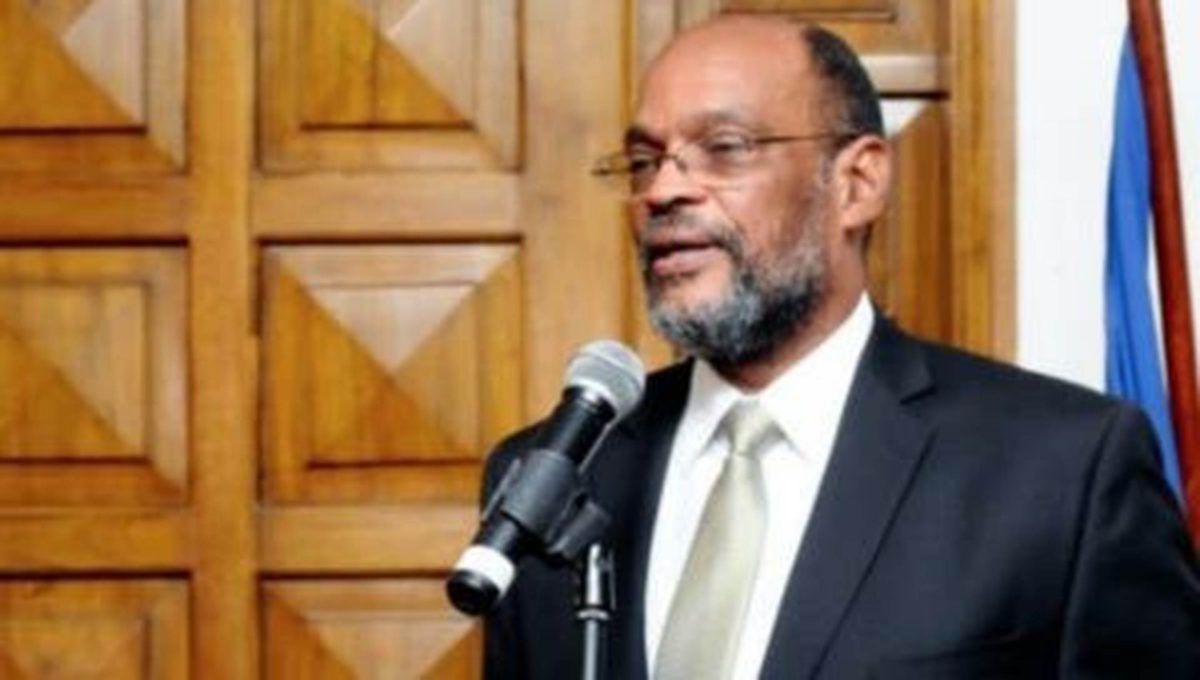PORT-AU-PRINCE, (Reuters) – Haiti’s general election, which had been scheduled for Nov. 7, has been postponed after Prime Minister Ariel Henry dismissed the council that organizes elections, which many in the country had felt was too partisan.
Henry promised to appoint a new electoral council (CEP) that he said would be non-partisan and would set a new date for elections.
Henry told CNN in an interview broadcast yesterday the process to replace the council had begun and elections would take place after a constitutional review in the “first months of the coming year.”
“We have made the decision today to halt this electoral council and form another one, one that will be more consensual and one that will be accepted by all of society,” he added.
The dismissal of the nine-member council, which was widely expected and confirmed by a decree in the official gazette on Monday, was met with approval by some lawmakers who had expressed doubts over its legitimacy.
“We will ensure the next CEP is credible and legitimate,” said opposition politician Andre Michel on Twitter.
Moise appointed the electoral council last year to replace one that did not want to go through with his proposed referendum on a new constitution.
The impoverished Caribbean nation of 11 million has been mired in a political crisis for years and failed to hold legislative elections in late 2019, leading President Jovenel Moise to begin ruling by decree.
Then in July, Moise was assassinated, plunging Haiti deeper into a constitutional crisis, with no elected president or parliament.
In an attempt to lower political tensions just two days before his assassination, Moise appointed Henry, a political moderate and respected neurosurgeon.
Henry has managed to win a relatively broad backing for his government although he has faced power struggles and even suspicions of possible implication in Moise’s murder. He denies any involvement.
Haiti, which shares the island of Hispaniola with the Dominican Republic, has faced decades of political instability which, together with natural disasters like last month’s earthquake, have hampered its development.
Moise said a new constitution would help bring greater stability by strengthening the role of the president and reducing the frequency of elections, amongst other modifications.
Some of his critics agreed on the new for a constitutional revamp but rejected his method, which they said was partisan, and some of the changes which they said could lead Haiti back down the path of dictatorship.

